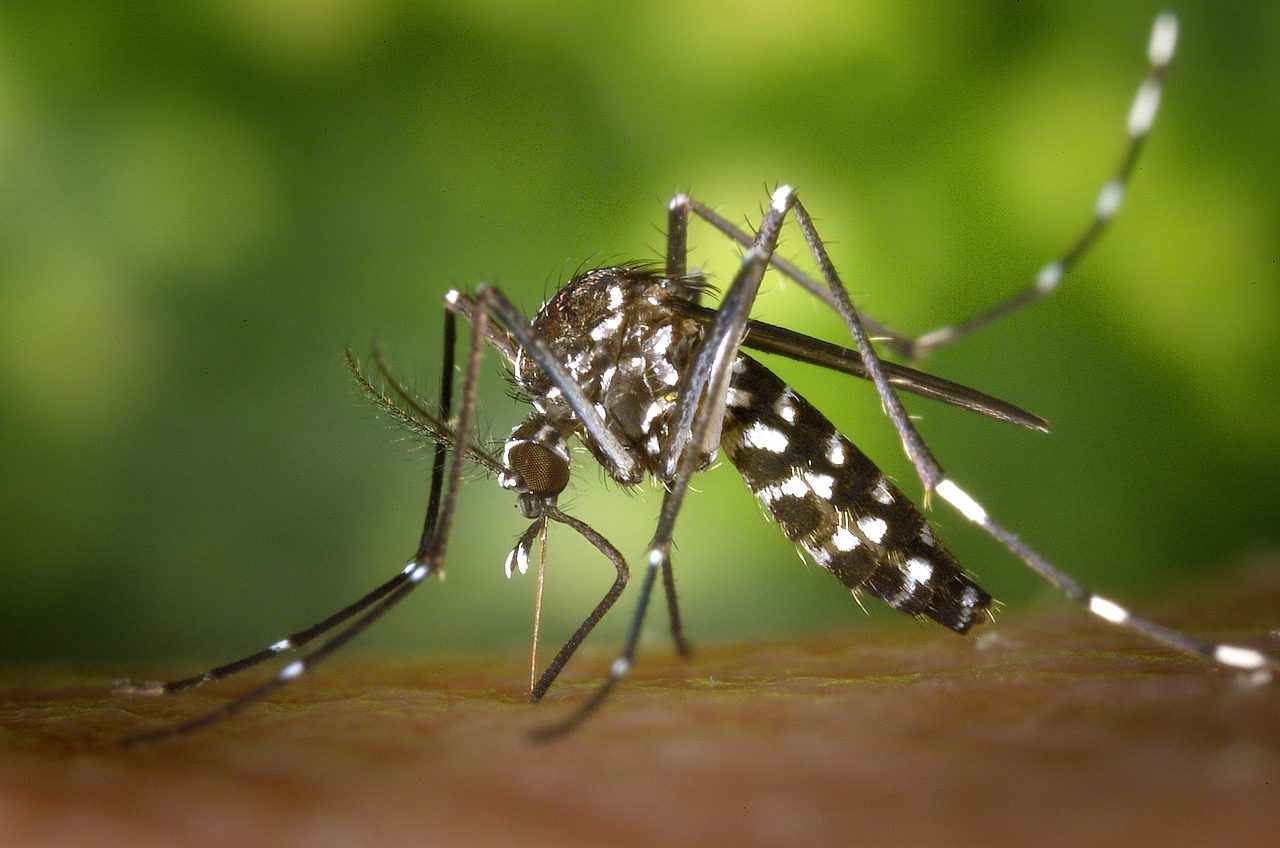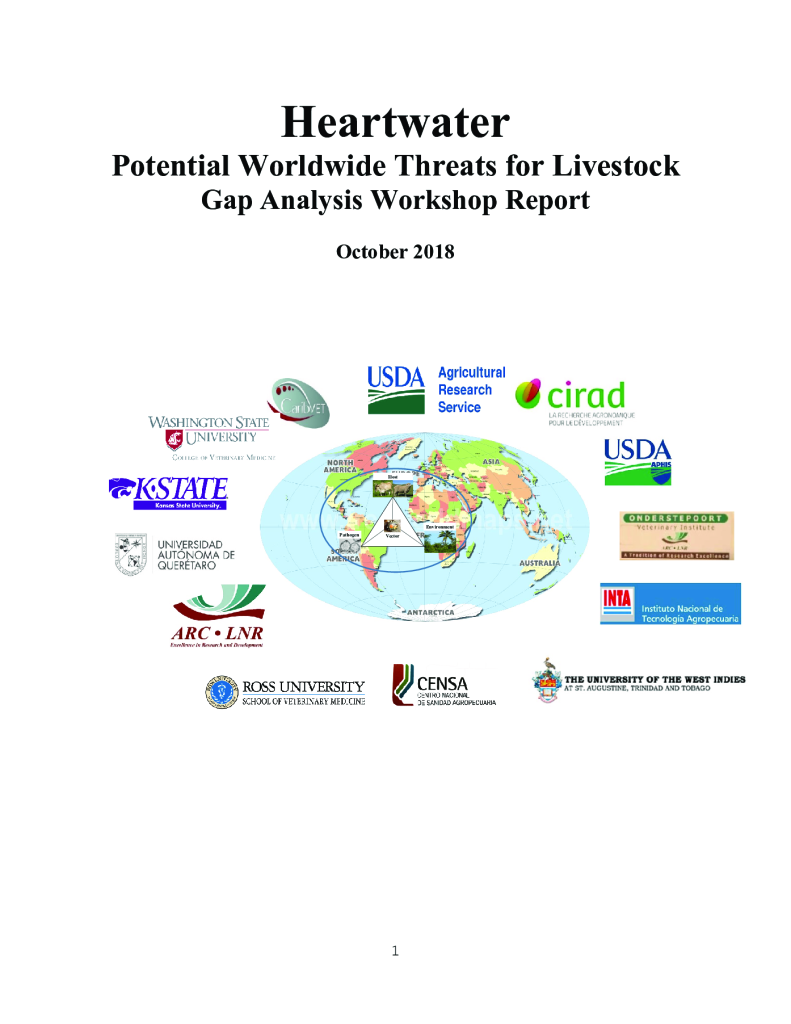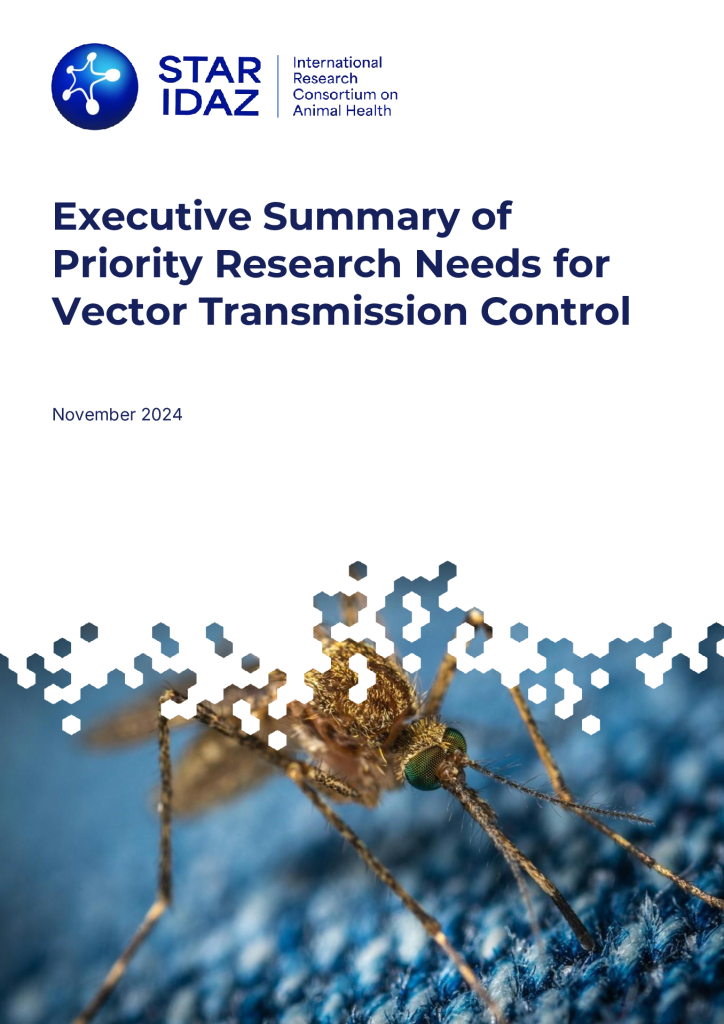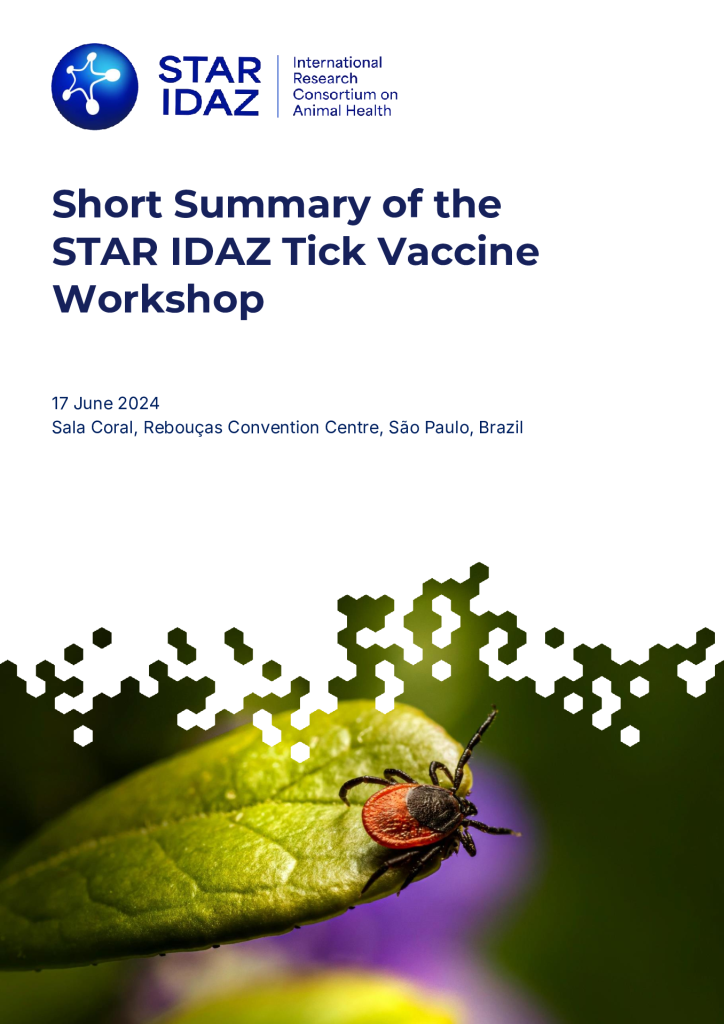STAR IDAZ Approach
Vector-borne diseases pose a significant risk to animal and human health worldwide. These diseases can be transmitted by various vectors such as mosquitoes, ticks, fleas, and flies, and can cause a range of illnesses, from mild to severe, including zoonotic diseases that can cross the animal-human interface. In recent years, there has been an increase in the incidence of vector-borne diseases, highlighting the need for effective control strategies.
Control strategies for vector-borne diseases can either target the pathogen or target transmission by the vector. Currently, STAR IDAZ IRC activity is focused on the need for vector transmission control.
Information
- EFSA: Systematic literature review on the vector status of potential vector species of 36 vector‐borne pathogens
- DISCONTOOLS Report on African Trypanosomiasis
- DISCONTOOLS Report on Bluetongue
- DISCONTOOLS Report on Crimean-Congo Haemorrhagic Fever
- DISCONTOOLS Report on Epizootic Haemorrhagic Disease
- DISCONTOOLS Report on Leishmaniasis
- • DISCONTOOLS Report on Rift Valley Fever
- DISCONTOOLS Report on West Nile Virus
Working group
VTC Working Group
Since 2018, international experts have convened to define the need for a research roadmap on vector transmission control and develop the research roadmap. The latest activity involved an expert workshop to further develop the roadmap and lead summaries held in Weimar, Germany in March 2023 followed by a final review by the Scientific Committee leads in Nairobi, Kenya in June 2023.
Key People
Bruno Goddeeris,
Catholic University of Leuven; University of Ghent Belgium
Isabel de Miranda Santos,
University of São Paulo Brazil
Cynthia Baldwin,
University of Massachusetts Amherst United States
Anna-Bella Failloux,
Institut Pasteur France
David Odongo,
University of Nairobi Kenya

Grant Hughes,
Liverpool School of Tropical Medicine United Kingdom
José de la Fuente,
Catalonia Institute for Energy Research (IREC) Spain
Stephen Higgs,
Kansas State University United States
Guilherme Klafke,
Rio Grande do Sul State Department of Agriculture, Brazil
Jan Perner,
Biology Centre of Academy of Sciences Czechia
Hein Sprong,
National Institute for Public Health and the Environment Netherlands
Reports
Reports and outcomes from meetings and workshops
Research roadmaps and gap analyses
Gap analysis summary
The generic roadmap for Vector Transmission Control considers the control of transmission through three routes;
1. Control of the host
2. Control through the vector
3. Looking at the vector ecology or biotope.
The generic roadmap can be used in conjunction with STAR IDAZ IRC roadmaps for specific vector-transmitted diseases.
Projects
Displaying 4 of 20 projects
VIEW ALL PROJECTSHotspots and super-spreaders:Modelling fine-scale malaria parasite transmission using mosquito flight behaviour
Planned Completion date 06/07/2022
![]() Netherlands
Netherlands
Species identity, life history, and geographic distance influence gut bacterial communities in lab-reared and European field-collected Culicoides biting midges
Planned Completion date 01/01/2021
![]() Netherlands
Netherlands
Species identity life history and geographic distance influence gut bacterial communities in lab reared and European field collected culicoides biting midges
Planned Completion date 26/08/2021
![]() Netherlands
Netherlands
A randomized controlled trial of Tickoff® (Metarhizium anisopliae ICIPE 7) for control of tick infestations and transmission of tick-borne infections in extensively grazed zebu cattle in coastal Kenya
Planned Completion date 01/01/2024
![]() Netherlands
Netherlands






